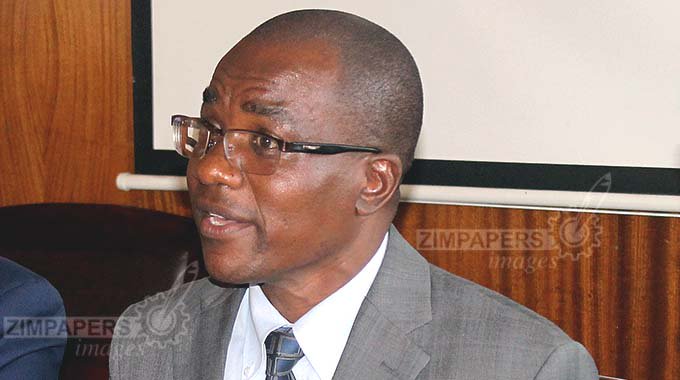Reorganising Harare’s vending markets

Angeline Musakwa Features Writer
Zimbabwe’s capital Harare, has been going through a crisis of managing and accommodating vendors who, in their hundreds, had literally taken over pavements in the central business district — until recently.
Even after the recent clean-up of the CBD, running battles between vendors and council are still the order of the day as fruit and vegetable hawkers keep popping up, claiming market stalls provided for them by council are uninhabitable and scare away their customers.
Fruit and vegetable vendors have been littering streets, dumping tomatoes, green leafy vegetables and cabbages, just to name a few, on the pavements they operate from.
In Mbare, the popular market, Mbare Musika, has become overcrowded because of the fast growing agricultural sector, which has proved to be lucrative over the years.
New entrants have added to the pressure on existing facilities, heightening calls for new infrastructure that can accommodate them.
At a time the country is battling hygiene diseases like cholera, the decongestion of the two main farmers’ markets in Harare, Mbare Musika and Machipisa in Highfield, is overdue.
A ray of hope is shining for farmers who had to endure conditions that threatened their dignity, like lack of proper ablution facilities and running water.
A new farmers’ market has been set up in the city along High Glen Road, hopefully to answer to some of the challenges faced by local farmers, vendors and customers.
Speaking to The Herald last week, the developers of the new farmers’ market, Aspindale Park Developers, said they saw the need for a market place through research and seeing the need for farmers to have a viable market for their produce.
“We are just middlemen offering space to farmers, giving them a platform to sell their produce in a secured place,” Faith Munakira, the project’s head of marketing, said.
The high end facility may connect farmers with affluent buyers of their produce.
“The space can accommodate about 200 farmers who can operate from 5am to 11am. The farmers have to pay a once off registration fee of $50 and can get a minimum of four pallets daily, which cost $10 each. Farmers can get up to six pallets if need be,” Munakira said.
She said vendors could operate at the market from 5am to 7pm, paying monthly rentals of $150.
The market is a break from the old way of doing things where markets of this nature were always dingy and derelict.
“Our vision is to have space where people can come and feel comfortable (the parking are access are easy) and is secure because there is security; we have put hygiene systems in place, ablution facilities,” said Munakira.
“You can engage with the farmer and get produce which is cheaper.”
Most farmers’ markets, especially Mbare Musika, have been notorious for chaos and insecurity but new farmers’ market has a strategy to try and thwart the stereotype.
“We are offering high level security,” said Munakira. “There are security cameras and trained guards. We have also set up bathrooms which can accommodate the high numbers we anticipate to get.”
Although the market is seen as a direct competitor to Mbare Musika, the proprietors believe they are gunning for a different clientelle.
Michael Swon, the project management director, said they wanted their space to be regionally competitive.
“We want the sector to grow to the point that we can compete with South Africa and the international markets. We want to set up similar markets in Chitungwiza and other places we can get space in,” Swon said.
The setting up of the facility was not without headaches.
“There were huge supply shortages due to price changes. We budgeted for this project a year ago and due to price changes this year the budget has been irrelevant,” Swon revealed.
“We would like the government’s support in terms of licensing, as it seems to be bureaucratic and difficult, but it’s coming along. At the end of the day we are trying to give solutions to Zimbabweans. Horticulture farmers are going to benefit more from the facility as it promises ready market linkages, which favours their line of trade.”
The developers are hoping that their market is going lessen the burden on farmers, vendors and customers by providing a space that accommodates a lot of people.
With Zimbabwe being open for business, it is encouraging to see local business people seizing opportunities to grow their portfolios and creating jobs, in the process using the land and resources that are readily available.
However, there has been a history of facilities turning into white elephants, so it remains to be seen whether or not the new vending space will attract farmers from already existing farmers’ markets which people have grown accustomed to.
The ride might not be easy for the newbies in the market. However, the owners say their aim is not to dislodge the monumental Mbare Musika, but to complement it by providing a service.
May be they will pioneer acceptance for spaces that are relatively distant from the CBD, only time will tell.
Feedback: [email protected]









Comments